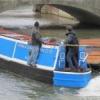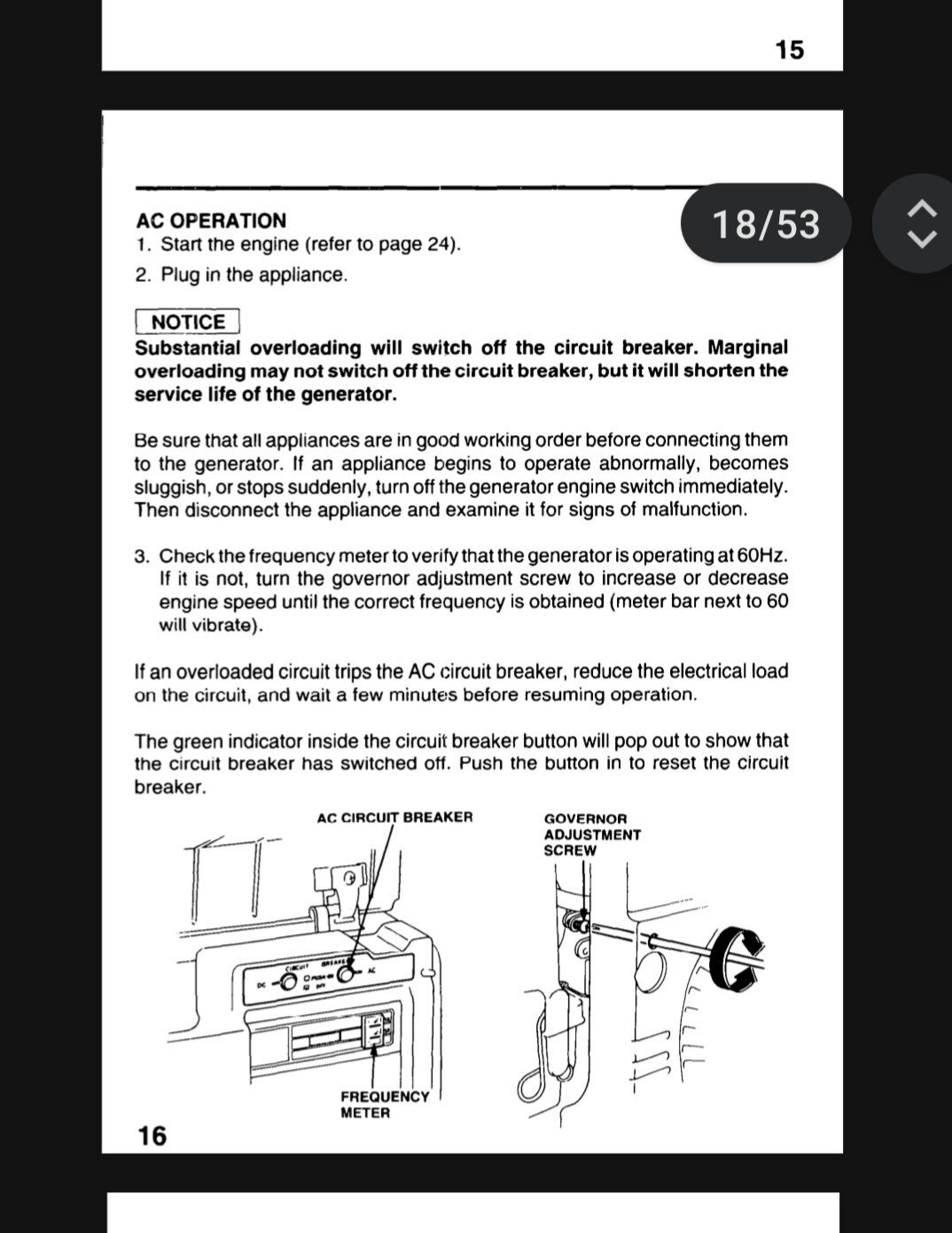-
Posts
15,697 -
Joined
-
Last visited
About DHutch

- Birthday 26/05/1987
Contact Methods
-
Website URL
http://www.emilyanne.co.uk
Profile Information
-
Gender
Male
-
Location
Wirral
-
Interests
Steam Engines, Boats, Canals, Sailing, Engineering, Forums, Friends/Family, etc.
-
Occupation
Senior Design Engineer
-
Boat Name
EmilyAnne
-
Boat Location
Northwest & roaming.
Recent Profile Visitors
63,130 profile views
DHutch's Achievements
-
Point taken about the risks of conflating the two tasks, as well as having mooring eyes too close to the edge of the bank. Although this is slightly better than just rawbolting a bollard to the coping (sigh) because atleast, as said above, the tie rod goes back to a peice of sheet pilling four feet back from the edge. Often as you say, in the middle of the towpath. Now that is very cunning. I like the a lot, its almost like some thoughts gone into the deisgn and how it would be used! When the ring is close to the edge, you can hook the loop over your own dolly/stud, but yes. That's perfect.
-
DHutch started following honda ex1000 workshop manual , Magpie Patrick , Epping Classic Stove Spares and 7 others
-
Get well soon from me too.
-
Joe Fuller is also still offering rebuilt Eppings/Epics with a high quality fabricated main body. https://www.facebook.com/share/1Dc9qeZdS4/ https://maps.app.goo.gl/MceHeEJdir6sryq66
-
Yes, ive seen it done elsewhere, and it makes sense I guess. Presumably done when the piling was installed, although you could retrofit the same. Gives a firm anchor point.
-
Ive noticed this before but never asked the question. In to follow.
-
Agreed with both points. Its not a new video, maybe 10-12 years old.
-
I have Ullysse running on my current Samsung A56, running Android version 16 which is the latest version. Works well. There might have been a brief time when it wasn't available on the lastest version but its worked for for a decade or more. As you said, reasoably good low speed speedometer reading.
-
It was, but the off side in the area in question is a well trodden footpath as well as a frequent mooring spot so appears as much like towpath as not to most.
-
I work in Runcorn, well Weston Point, and never going to be the most glamorous holiday destination. However the canal arm is inoffensive and at 5miles long its an easy 'silver propellor' location to tick off. Outside the The Brindley theatre or opposite the moorings right at the end is only 500yrd difference. I've not stopped the night at either but I cant see you have any bother. There is a public carpark too, and the new Mersey bridge has reduced the traffic.
-
Phil is lots of things, but not ignorant or in competent. If you watch the video its quiet clear, the ports in the upper casting are wrong for the intended use and place the filters in parallel not series. Other areas also lack the required concentricity and or squareness to function as required. Its not for a boat.
-
If you have a rail, as we also have, just tie the rope to the rail?
-

Cheshire Ring II canal proposal could 'revitalise' Winsford
DHutch replied to IanD's topic in Waterways News & Press
Its an interesting project, but likewise I cant see it happening anytime soon and likely not ever. For the sort of money would cost, you could do an awful of almost anything else, including improving the maintenance of the existing boat lift at Anderton, or restoration the Runcorn locks. -
Here we are, one Honda EX1000 shop manual, courtesy of a guy on eBay selling manuals on CD, who if you asks really nicely will also email it for you. If you don't want to wait three days, and don't have anything with a CD drive anyway! EX1000.pdf
-
I was surprised how many displays, large and small, we could see from our house last night. My extended family have an annual bonfire party which was last Saturday and we are going to a display at Tranmeres ground on Sunday. We're on the ridge overlooking a reasonable amount of the Wirral so get good views. Me and my daughter had the lights off watching out of the window for about an hour. Our anxious dog passed away last week, and had lost his hearing two years earlier. But we found if we kept him away from the biggest bay window and put the radio or some music on he was ok. Probably harder in a narrowboat, but more scope to move to a more rural area. Our other dog is so unaffected by them he will happily go out in the garden while they are going off. Broadly speaking I support the current situation regarding fireworks, which are already fairly well regulated. They provide and awful lot of enjoyment to those who like them and it seems unfair to prevent that due to a minority of inconvenienced people. Be careful what you wish for because there are likely atleast as many people who like to see dog ownership banned as fireworks.
-
Over a decade later, but did you get anywhere with your EX1000? I've got ours "on the bench" currently as its lost its Japanese rock steady reliability somewhere. Like the OPs the green light is intermittently lit, and when out I'm not getting any power, but by adjusting the choke and setting the frequency knob to 60hz I managed get it upto 50hz, light on, and it did 2hours of putting juice into the battery and running the big 240vac florescent in the engine room for me before the charger stepped down a bit and it all wobbled off. First port of call is going to be soak the carb in acetone and blow throw the jets with some carb spray. Its gets very infrequent, and it seems to just been poor fueling making the idle very poor. Oil airfilter and plug change feels well over due too. New link to the owners manual, which also includes oil type, plug type and gap, tapet clearance, electrical semantic and the attached page on adjusting the governor. But nothing specifically about carburetor or internal governor. https://cdn.powerequipment.honda.com/pe/pdf/manuals/31ZC0040.pdf




















